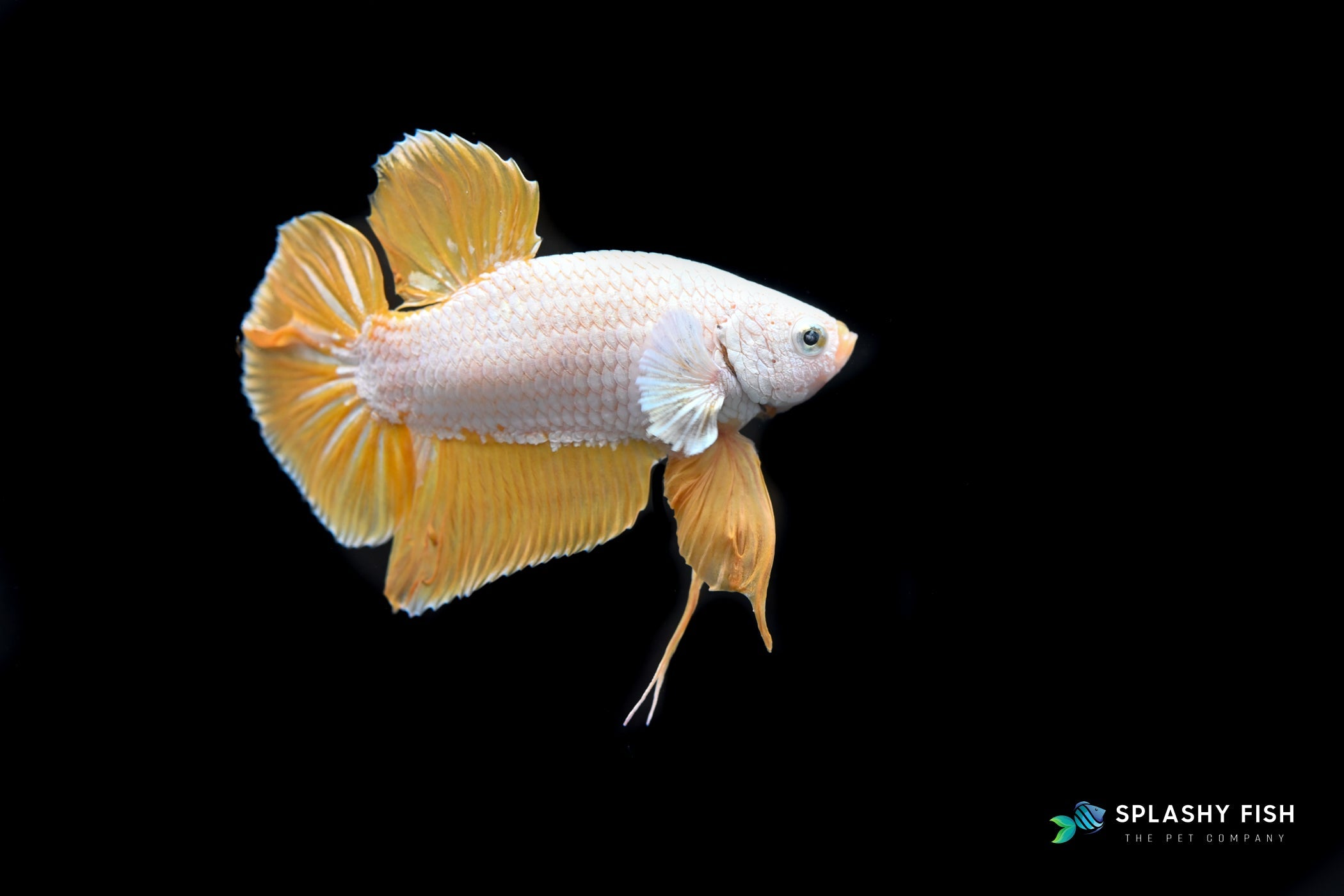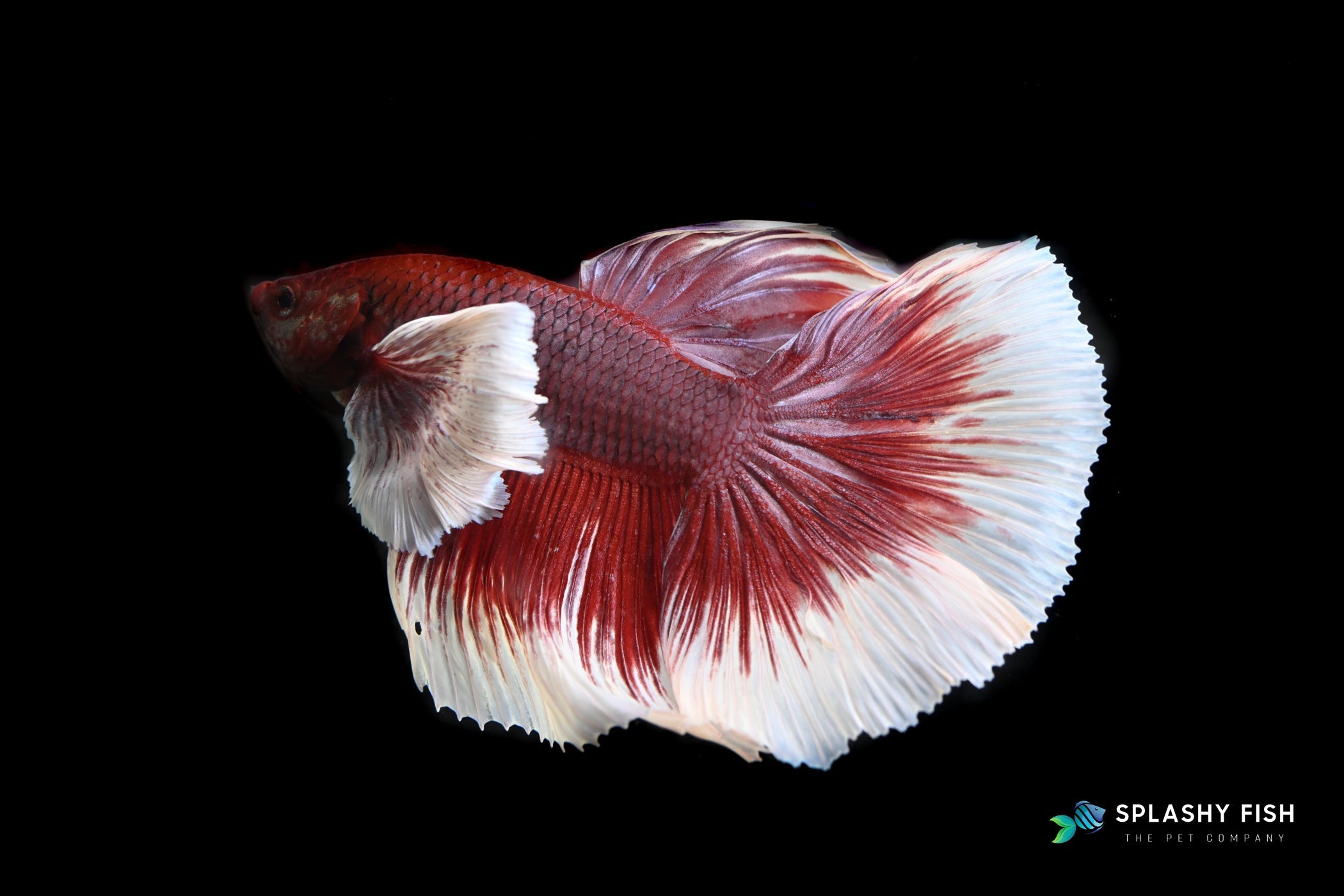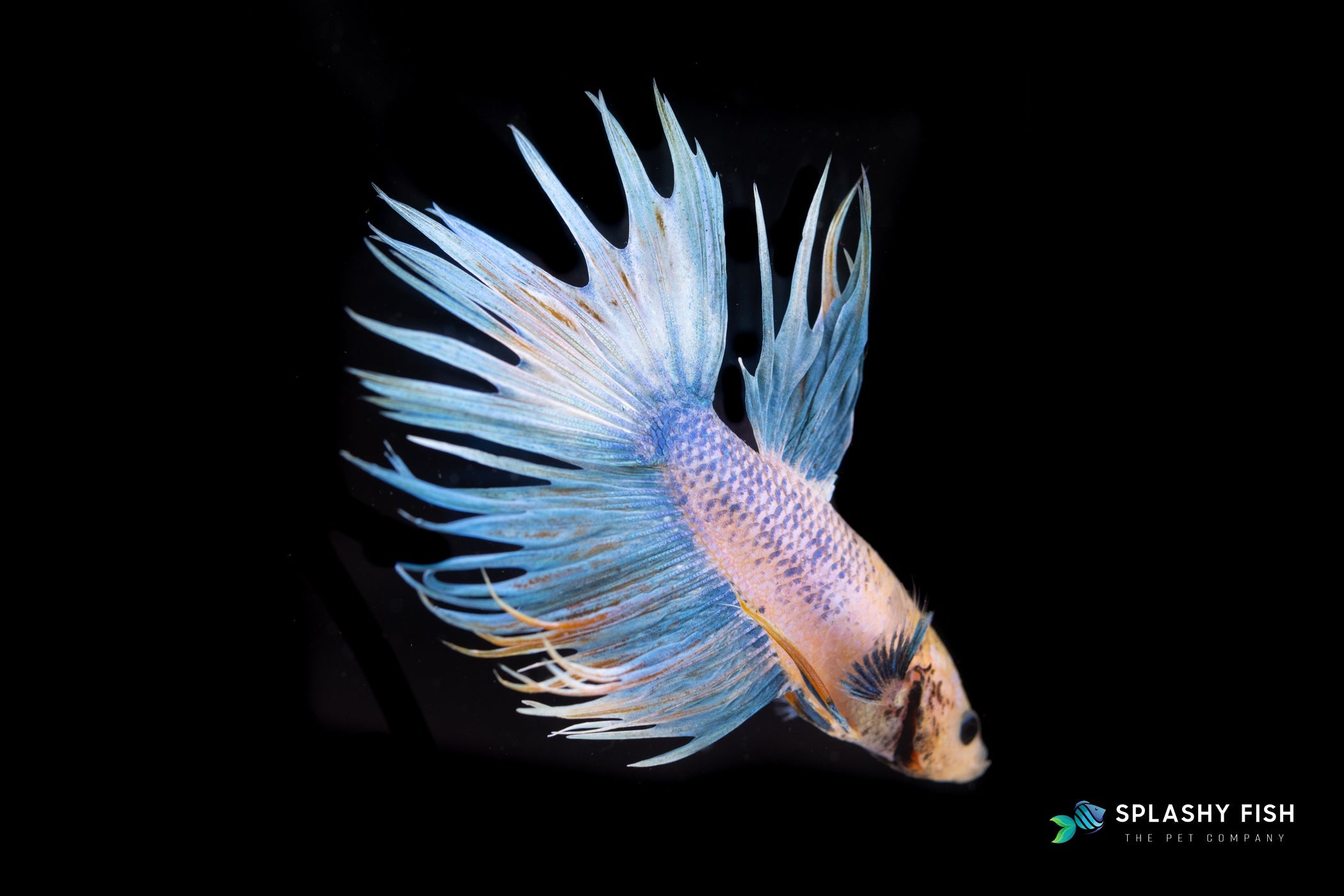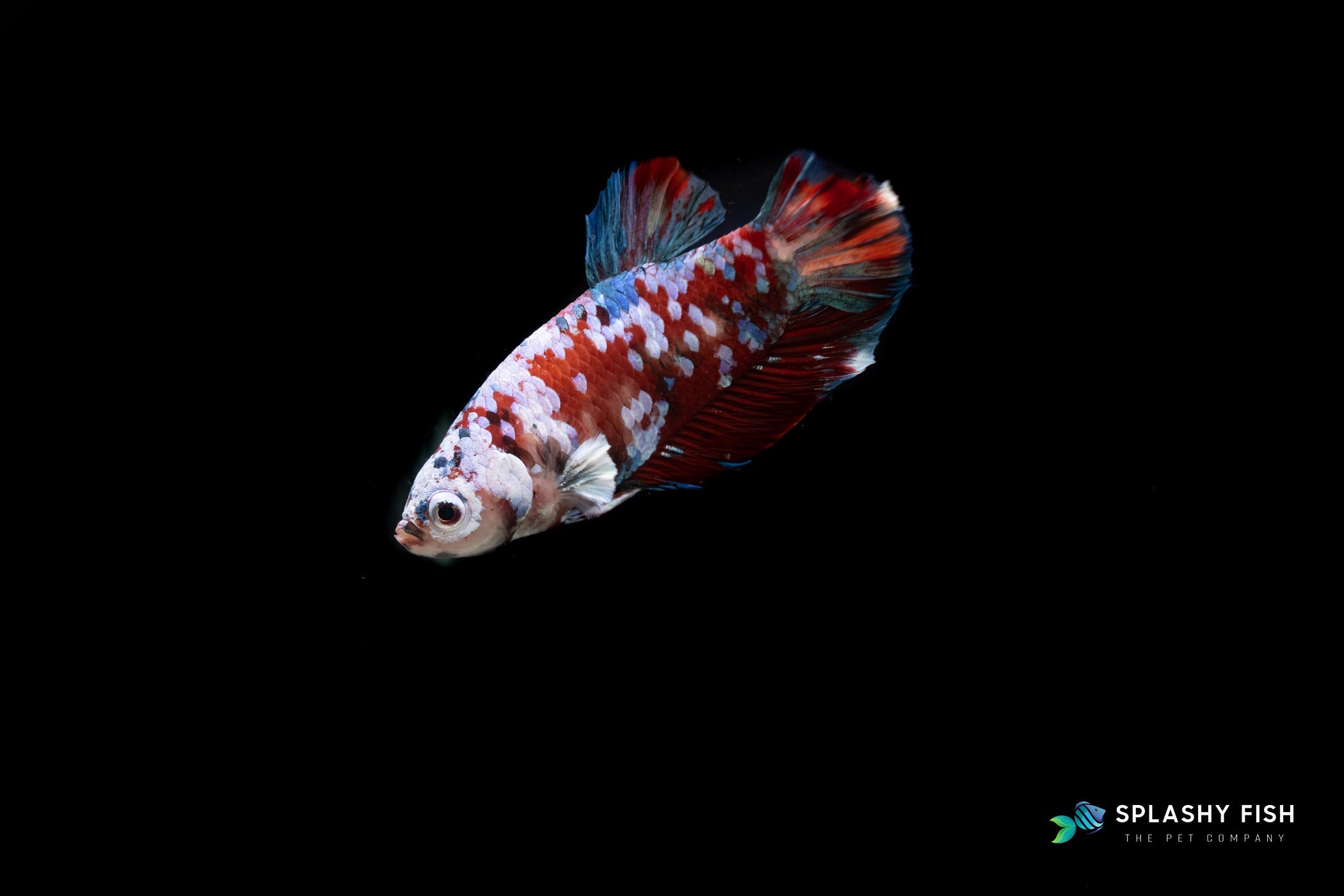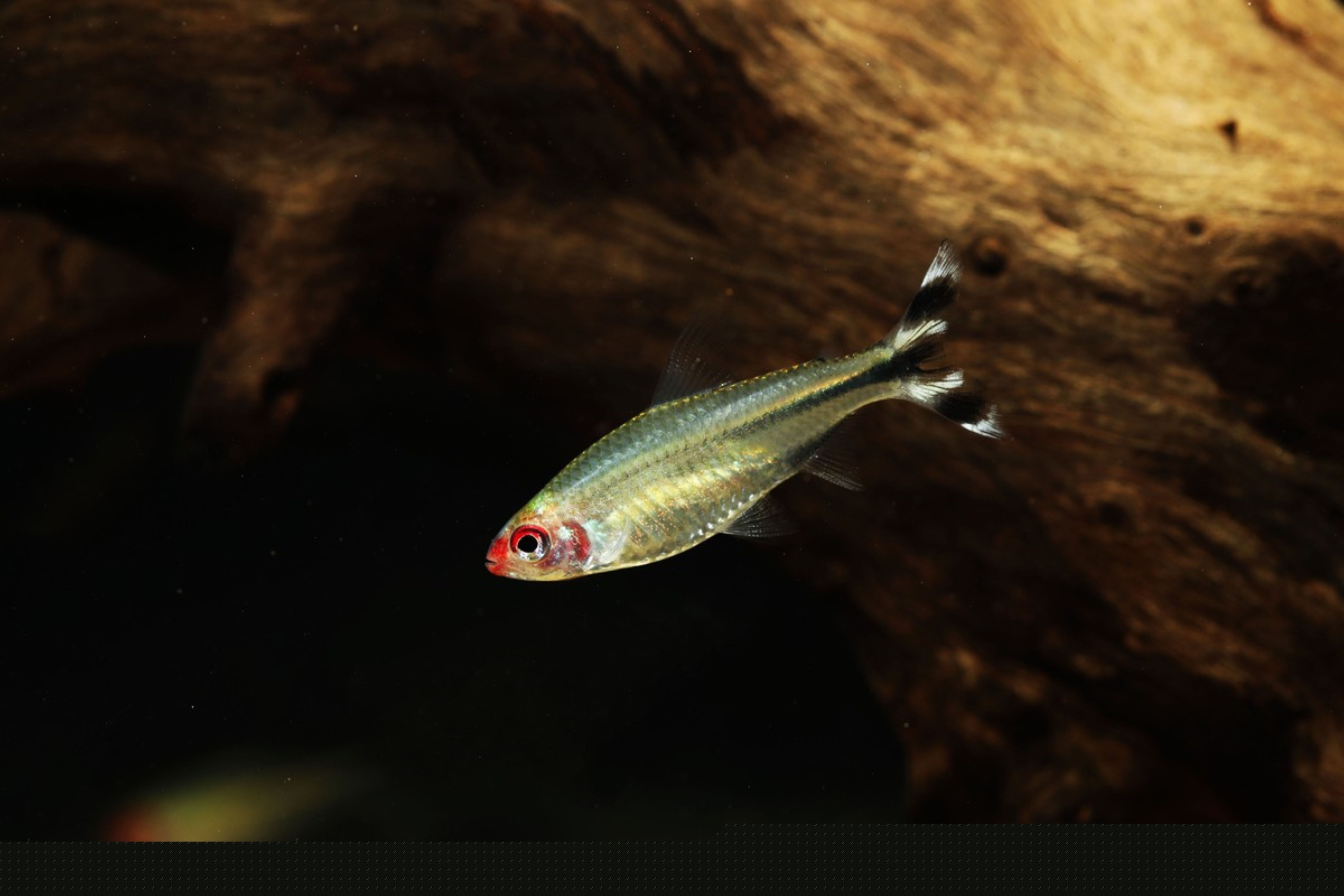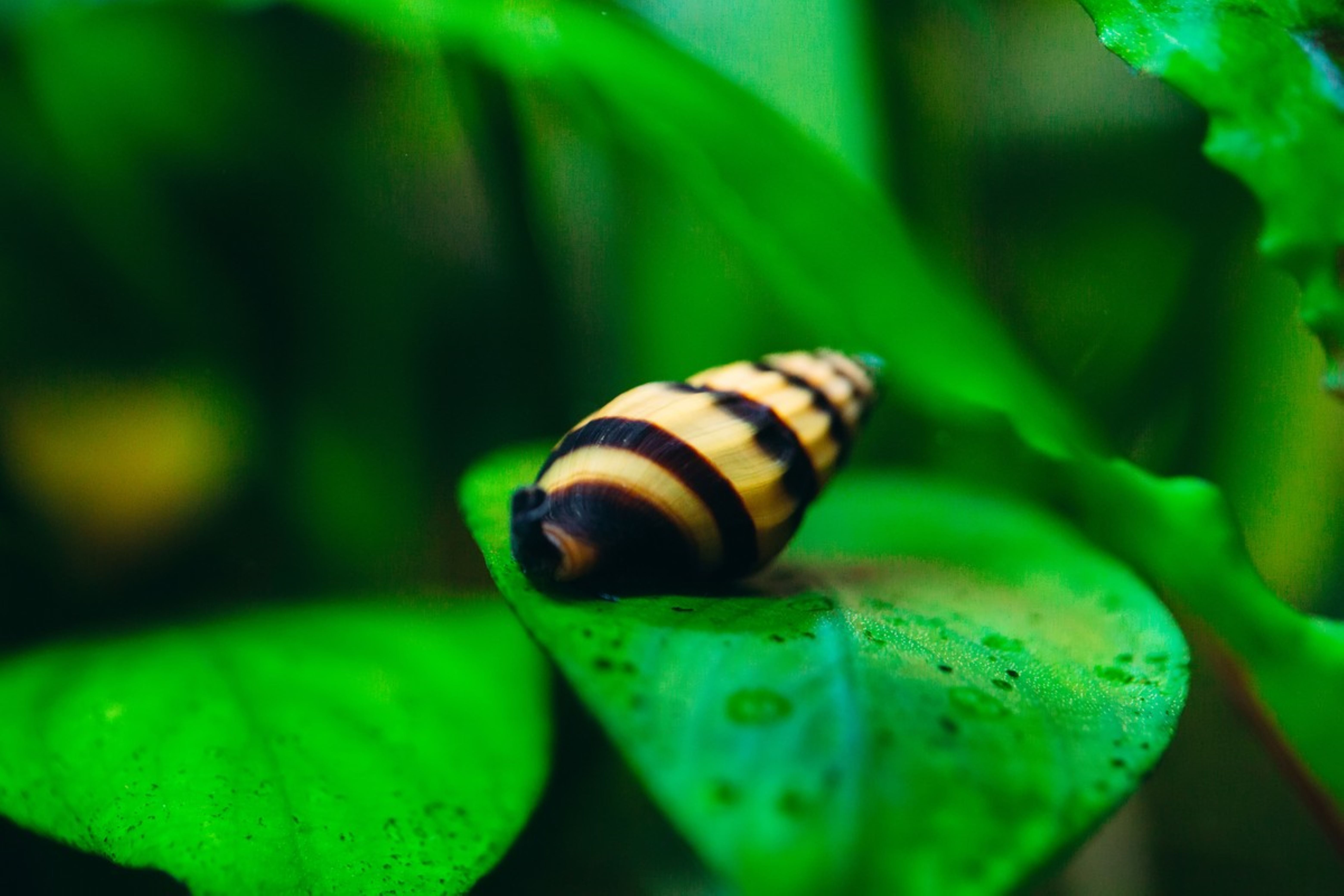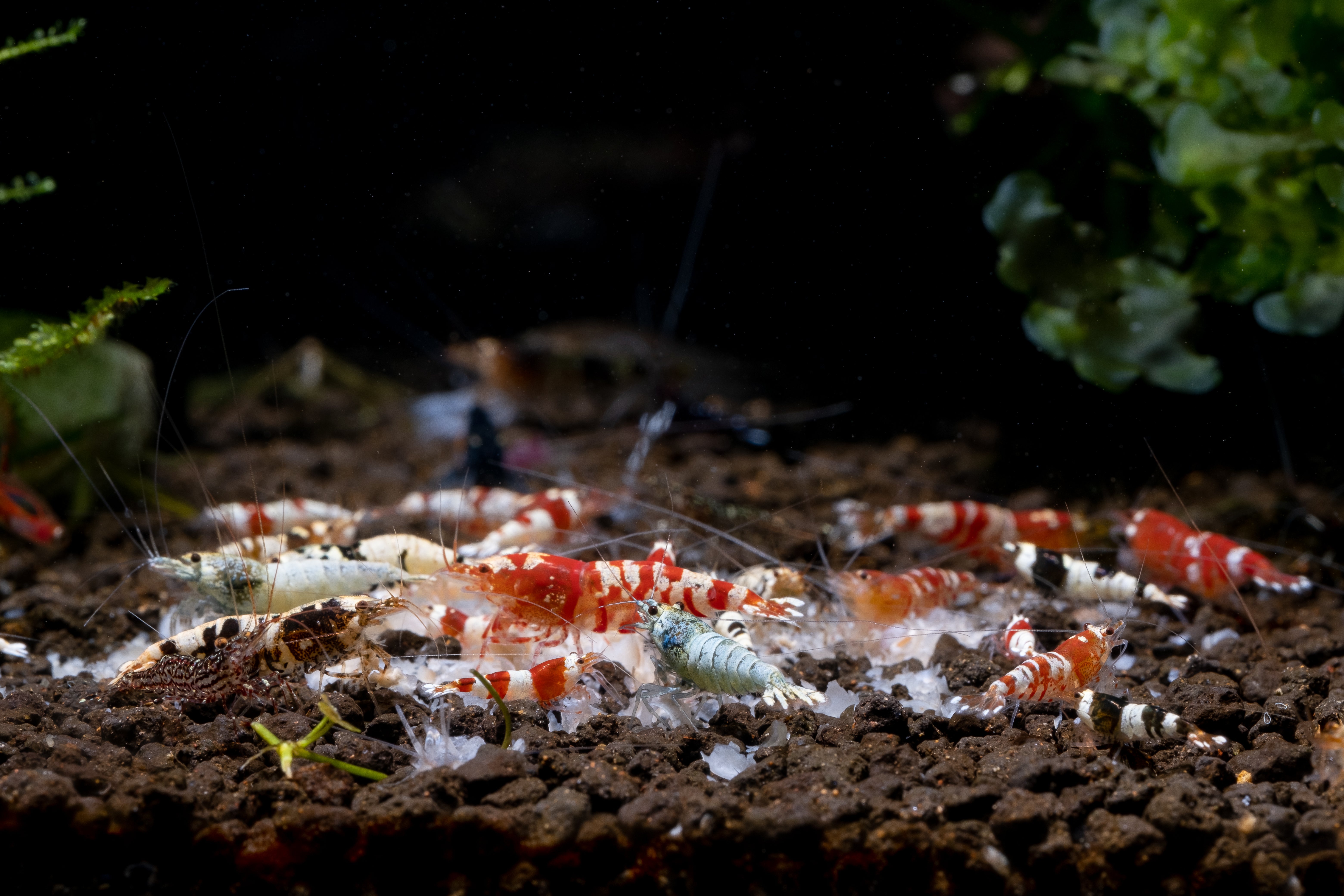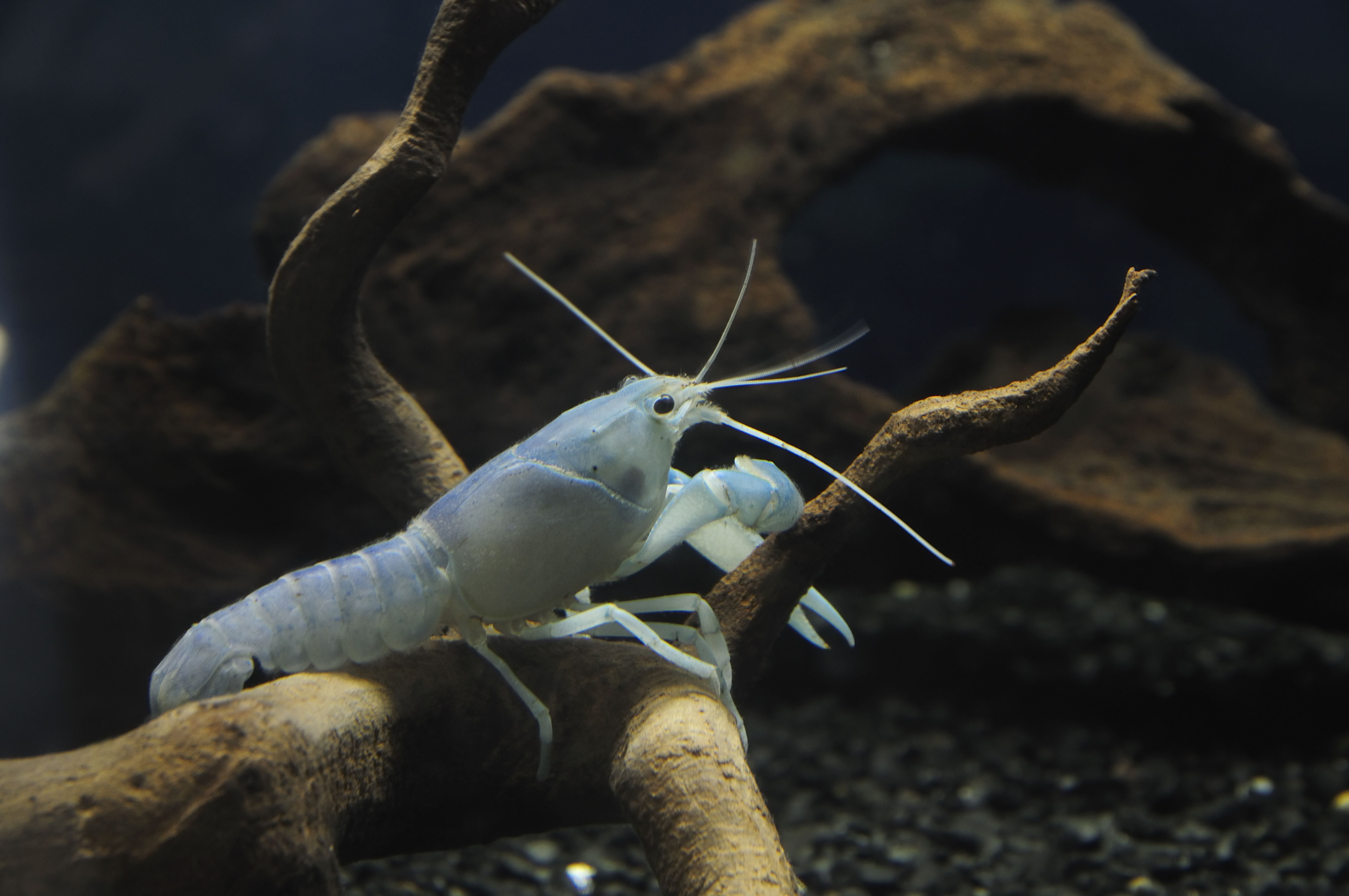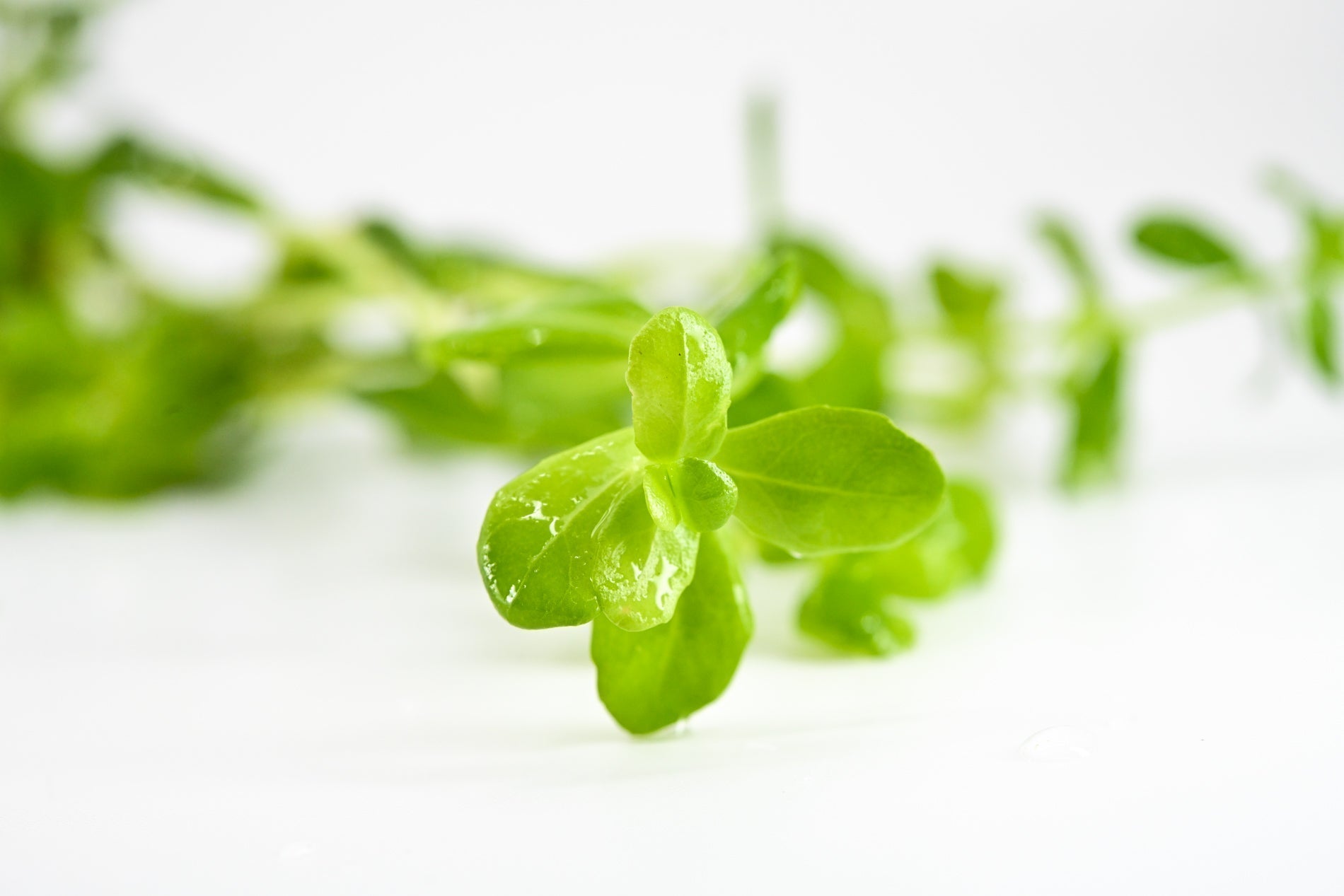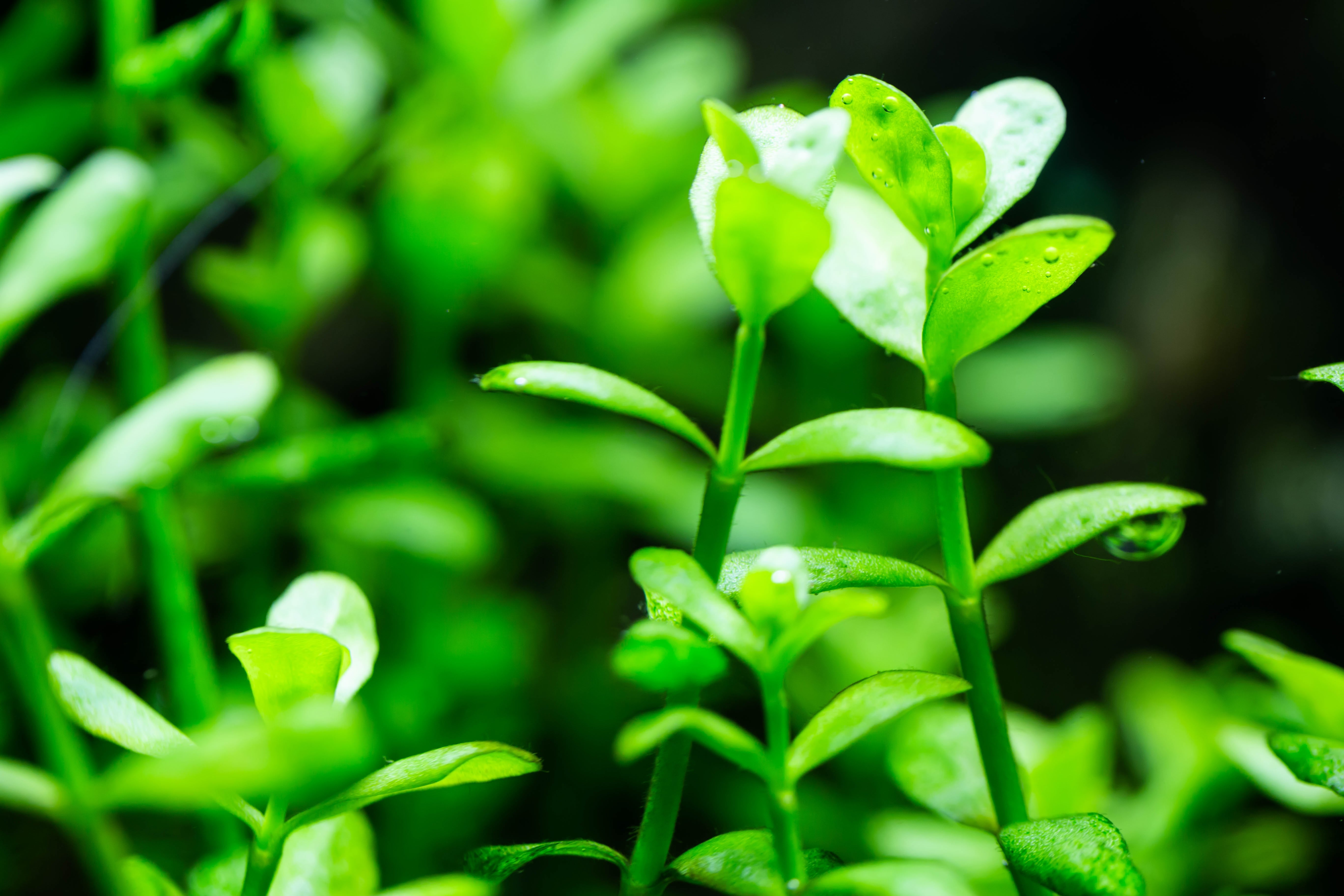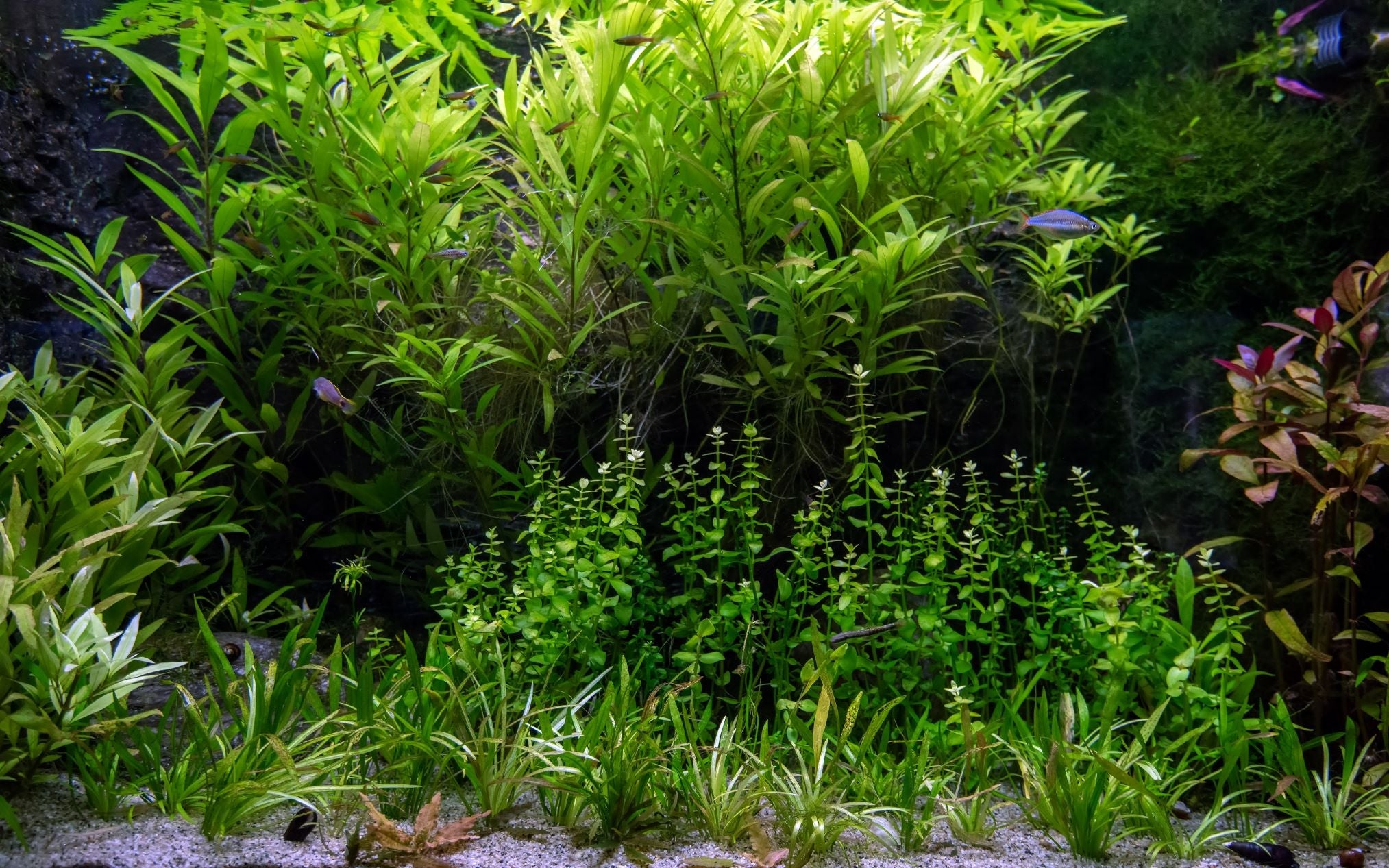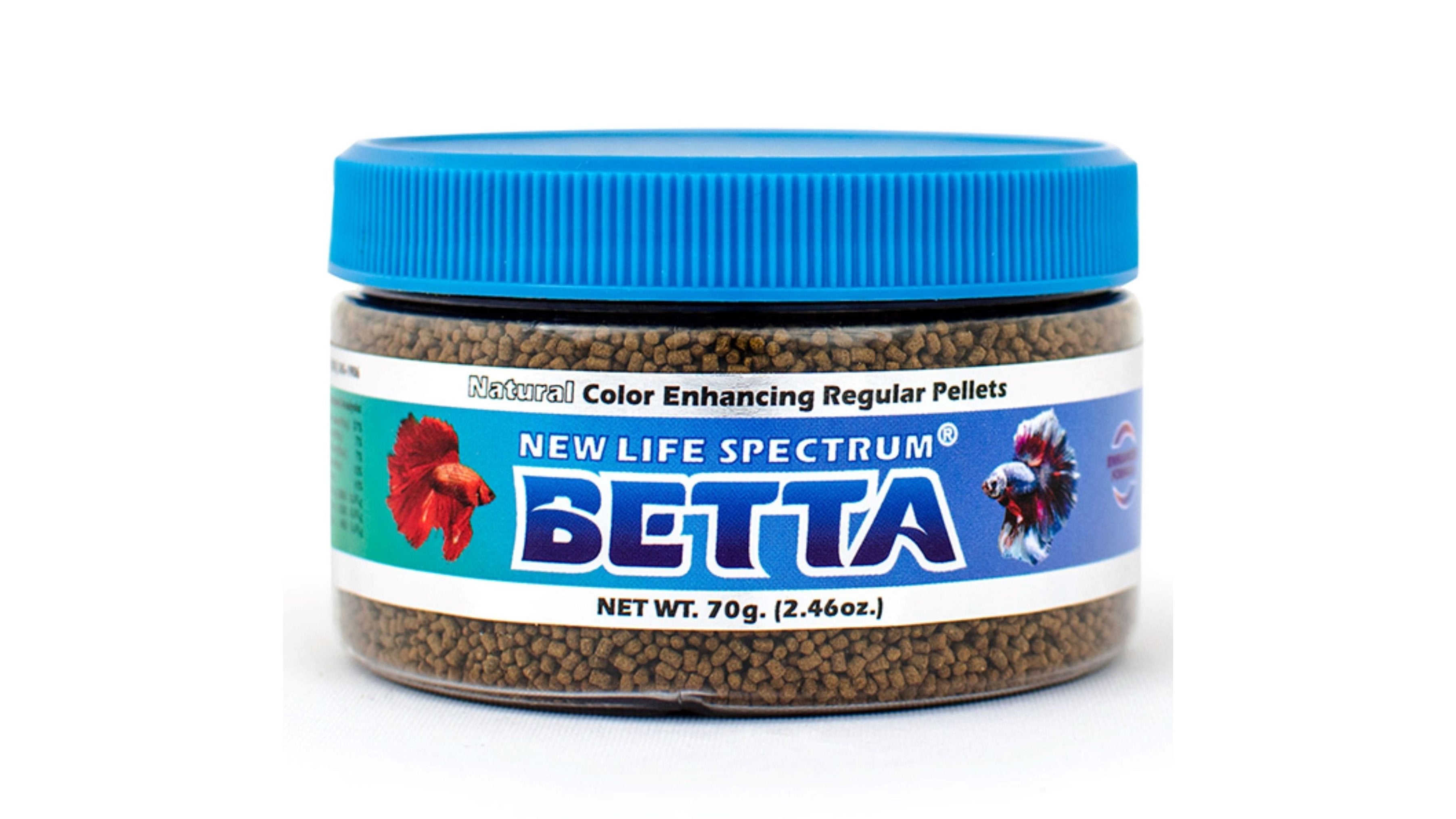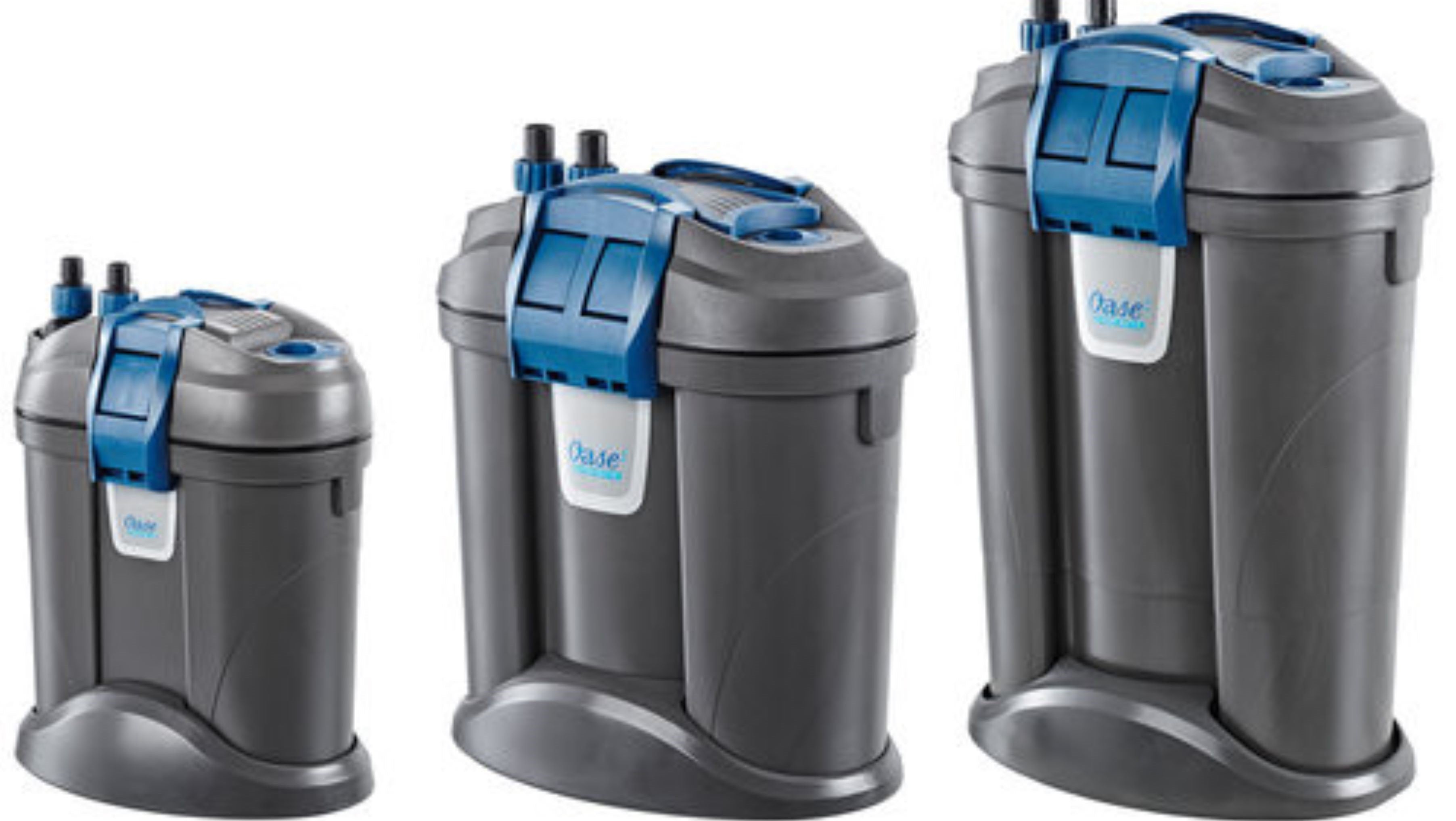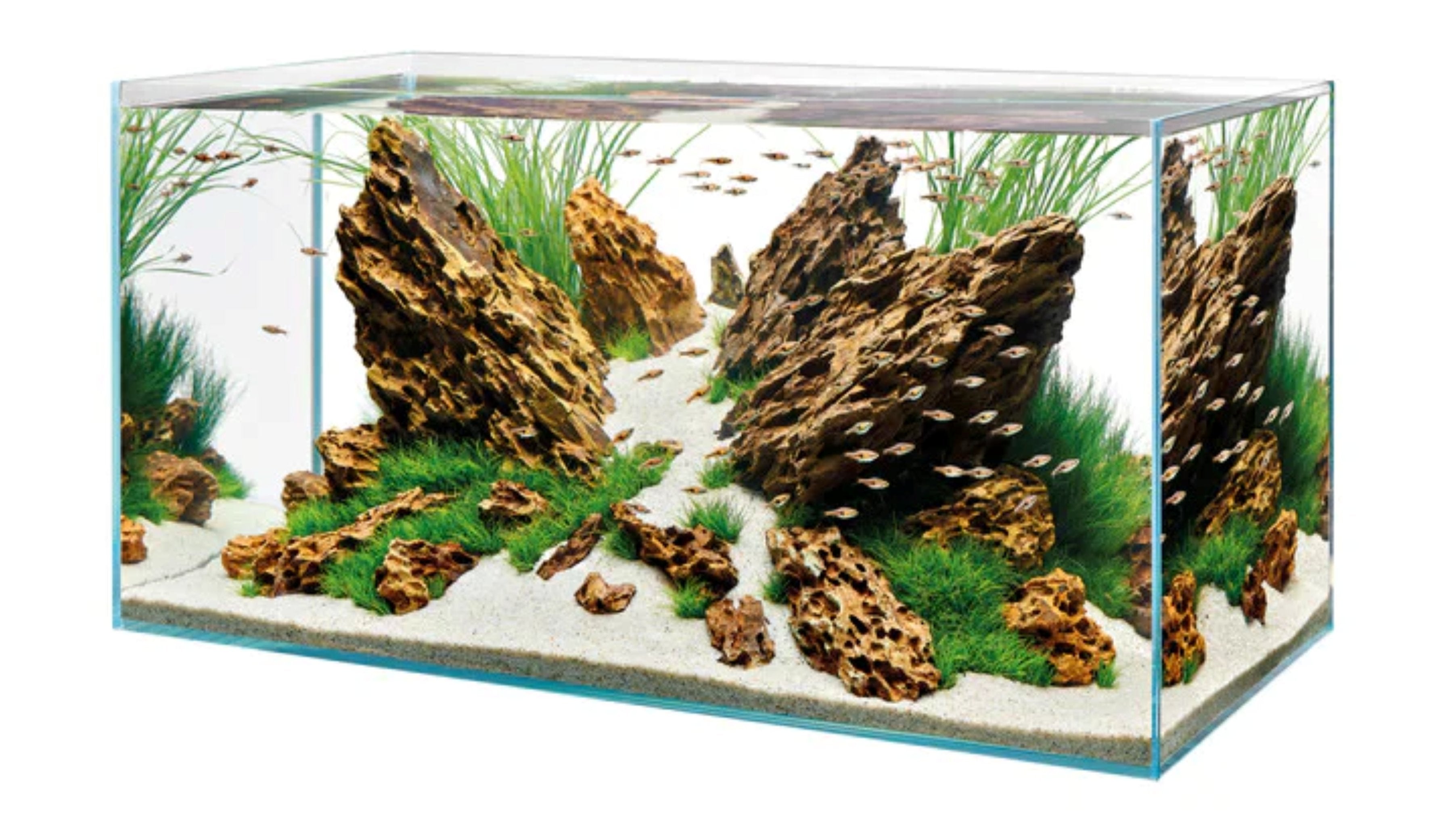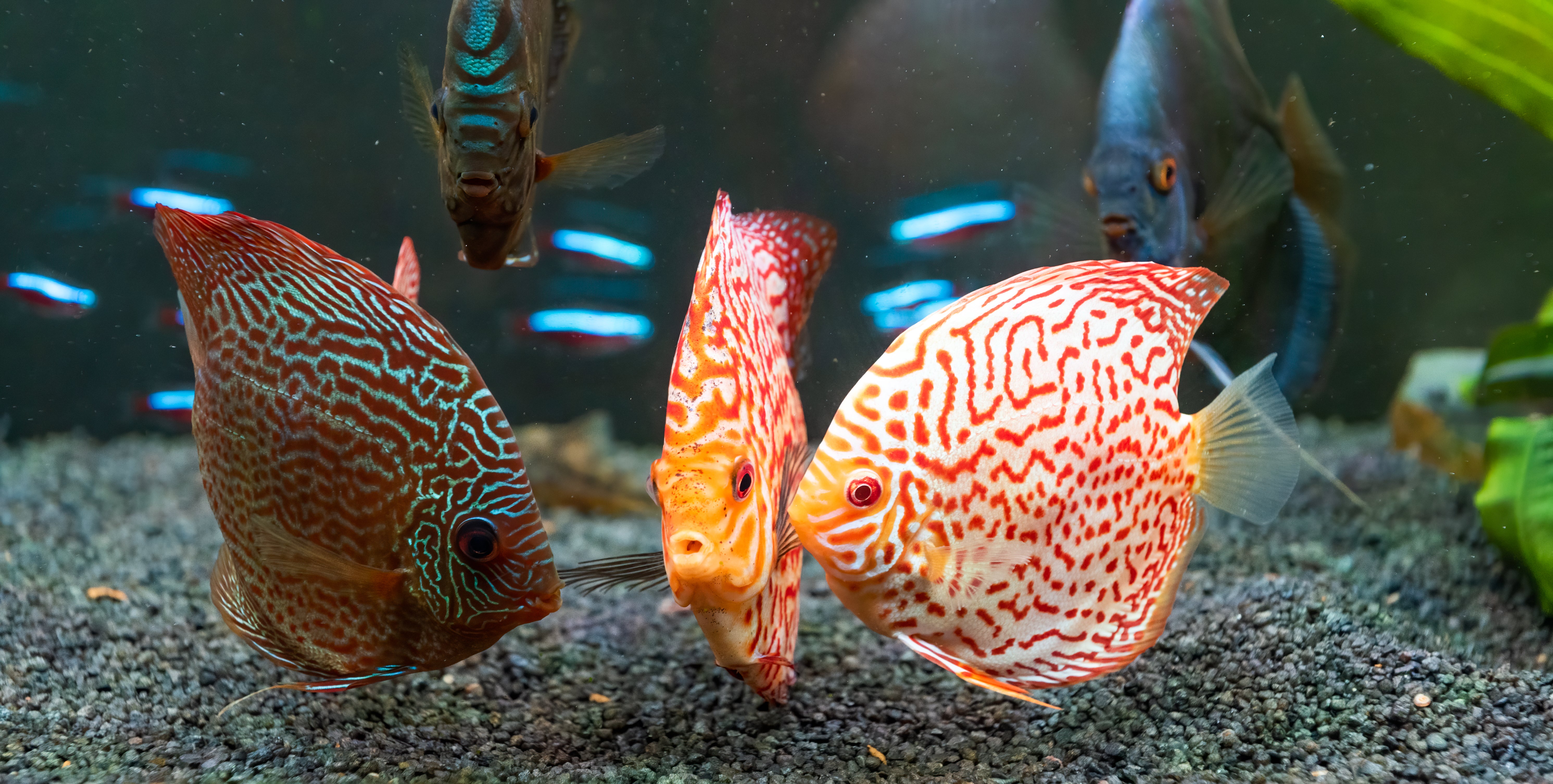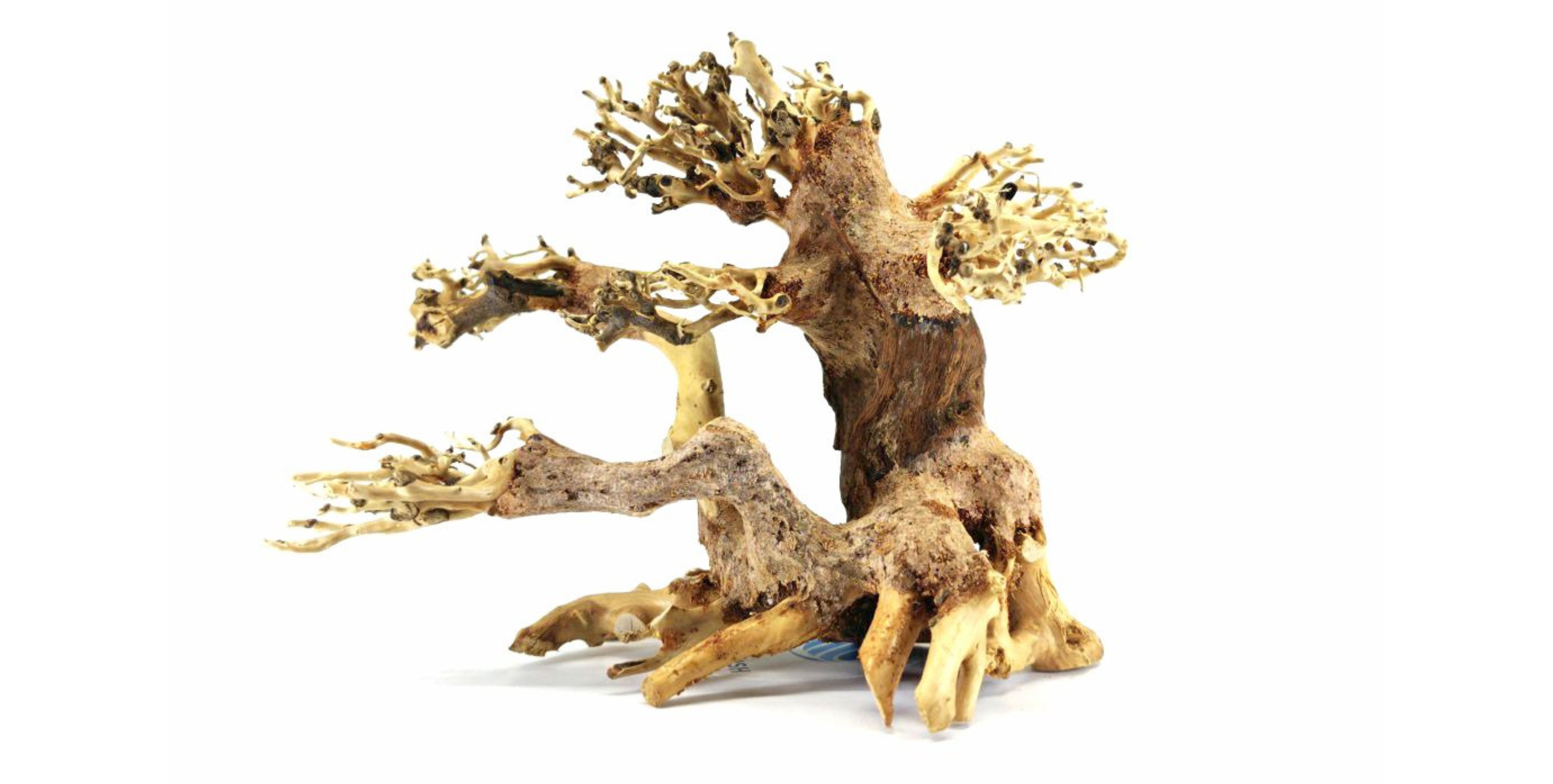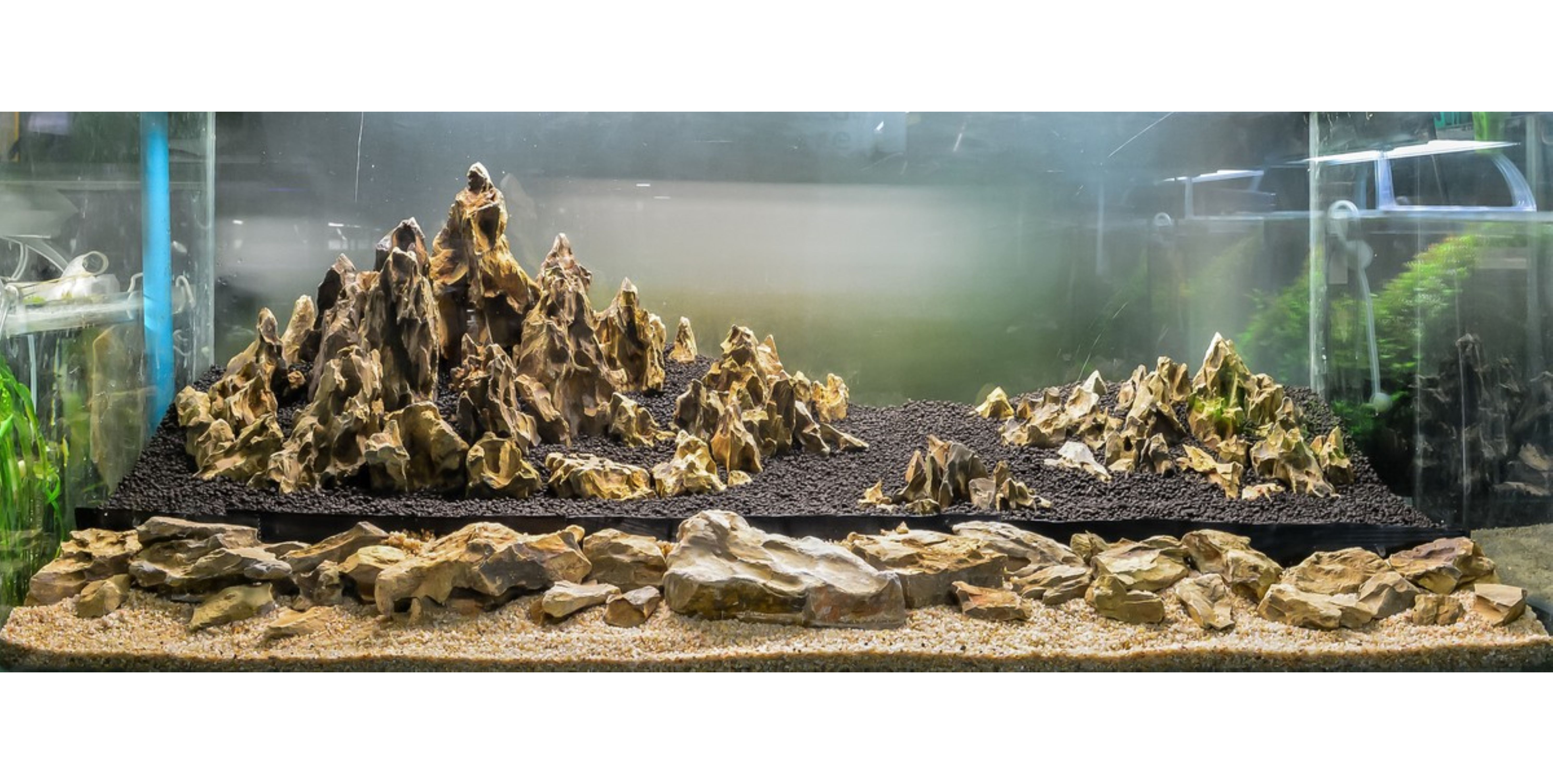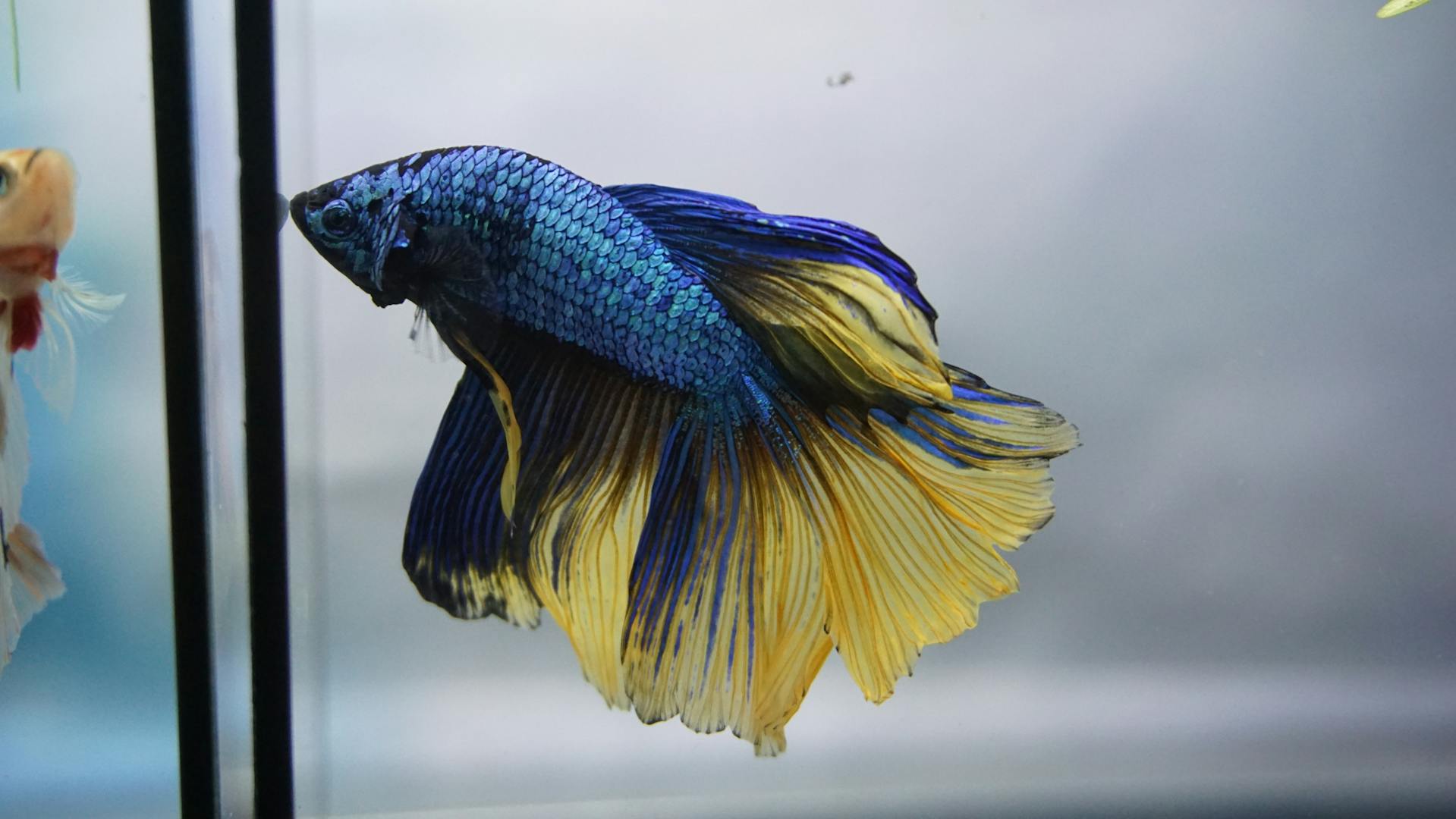Table of Contents
Betta fish, known for their vibrant colors and flowing fins, are one of the most popular choices for both beginner and experienced aquarium enthusiasts. Understanding the nature and behavior of Betta fish is crucial in providing the best care and creating an environment where they can thrive. Originally from slow-moving and shallow waters in Southeast Asia, Betta fish require specific conditions that mimic their natural habitat to stay healthy and active.
At our store, we are dedicated to helping you set up the perfect home for your Betta fish. This includes advising on the right tank size, water parameters, and compatible tank mates. A properly set up aquarium not only ensures the health of your Betta but also enhances its stunning natural colors and behaviors. Furthermore, a well-fed Betta is a happy Betta. We will guide you through the best practices for feeding your Betta, ensuring it receives all the nutrients needed for a strong immune system.
Maintaining the health of your Betta extends beyond just feeding and housing. It’s also about preventing common health issues that can affect these beautiful creatures. Our guide will equip you with the necessary knowledge to prevent diseases and keep your Betta in the best possible condition, recognizing signs of illness early on and knowing how to deal with them effectively.
Understanding Betta Fish: Nature and Behavior
Betta fish, also known as Siamese fighting fish, are renowned for their vivid colors and elegant fins. Originating from calm, freshwater ponds and rice fields in Asia, they have adapted to thrive in low-oxygen environments, thanks to their labyrinth organ. This unique feature allows them to breathe air directly from the surface. However, their striking appearance isn't the only trait that makes them special. Betta fish are known for their territorial nature, especially males, which may display aggressive behaviors toward other males. Recognizing these characteristics is essential for providing a suitable environment that meets their needs. Understanding their behavior and natural habitat informs how we shape their care and housing. It's crucial to replicate their natural surroundings as much as possible to keep them healthy and stress-free, promoting a flourishing life in your home aquarium.
Essential Betta Fish Care: Housing and Environment
Creating the perfect environment for your betta fish is paramount to their health and happiness. Bettas require a minimum tank size of five gallons, with water temperatures maintained between 76 to 81 degrees Fahrenheit. It is essential to use a heater to keep the water temperature stable and a filter to keep the water clean, though the water flow should be gentle to prevent stress. Bettas thrive in environments that mimic their natural habitat, which includes plenty of hiding spots. Freshwater plants, whether live or artificial, not only add beauty to the aquarium but also provide crucial cover that bettas seek for comfort and security. Additionally, ensuring the tank is covered is vital as bettas are known to jump. Setting up your betta's home with care creates a sanctuary where they can thrive, reflecting their vibrant colors and dynamic personalities with optimal health. Regular maintenance, like partial water changes and monitoring for clean, ammonia-free water will further ensure your aquatic companion remains in peak condition.
Feeding Your Betta: Best Practices and Diet Tips
Feeding your betta fish appropriately is crucial for ensuring they live a long and healthy life. Bettas are carnivores by nature, requiring a diet rich in protein. High-quality betta pellets should form the basis of their diet, supplemented with frozen or live foods like bloodworms, brine shrimp, or daphnia. It’s important to feed your betta small amounts twice a day—overfeeding can lead to health issues like bloating and water contamination due to uneaten food decomposing. Always ensure the food sizes are small enough for bettas to eat easily, as large pieces can cause choking. When introducing new foods, observe your betta's reaction to ensure they can digest the food without any issues. Maintaining a varied diet not only keeps your betta healthy but also stimulates them mentally, which is vital for their wellbeing.
Common Health Issues and Preventative Care for Bettas
Preventative care is pivotal in keeping betta fish thriving. Regularly monitoring your betta for signs of distress or disease can help catch health issues before they become severe. Common ailments include fin rot, bacterial infections, and fungal diseases. Fin rot, for example, can be caused by poor water quality or a diet lacking in essential nutrients. Keeping the water clean and maintaining proper filtration are primary ways to prevent these common health issues. Additionally, performing regular water changes and testing the water's pH and ammonia levels will help maintain an optimal living environment. Should you notice any unusual behaviors or signs of illness, such as lethargy or discoloration, it's crucial to consult with a professional for diagnosis and treatment. By implementing these preventative measures, you ensure your betta remains in a healthy and vibrant state.
Conclusion
Embarking on the journey of betta fish care is a rewarding experience that enhances your understanding of aquatic life. From choosing the right habitat to ensuring a balanced diet and incorporating diligent health monitoring, every step you take contributes to your betta's well-being. At Splashy Fish tropical fish store, we're committed to providing you with all the resources, high-quality supplies, and expert advice needed to ensure your aquatic pets thrive. Whether you're a seasoned aquarist or new to the hobby, we cater to all your needs.
Let us help you create the perfect underwater world for your betta fish. Contact Splashy Fish today to buy betta fish online and transform your aquarium into a vibrant, healthy habitat for your aquatic friend.


